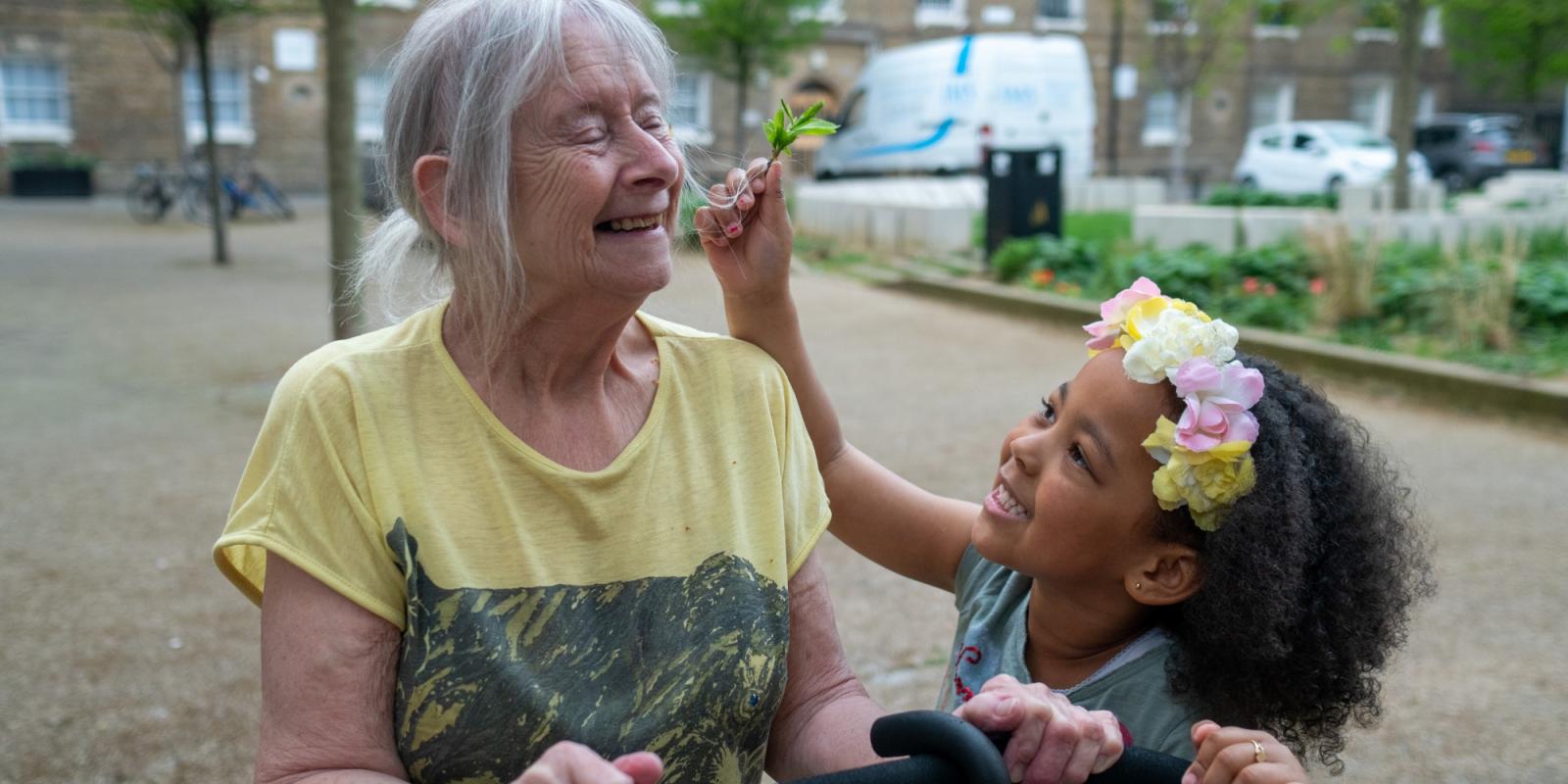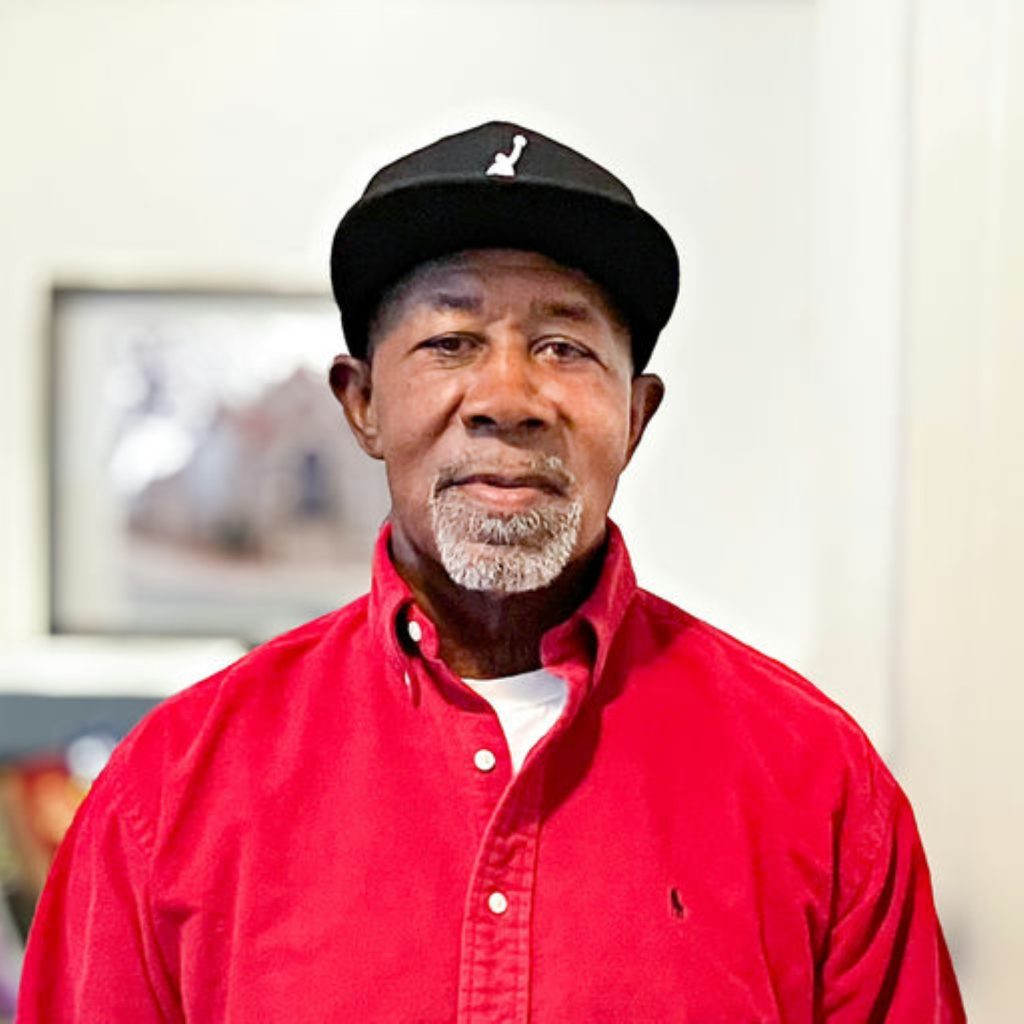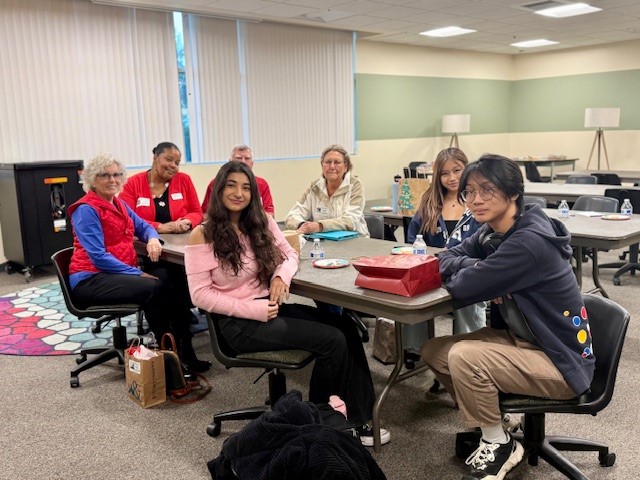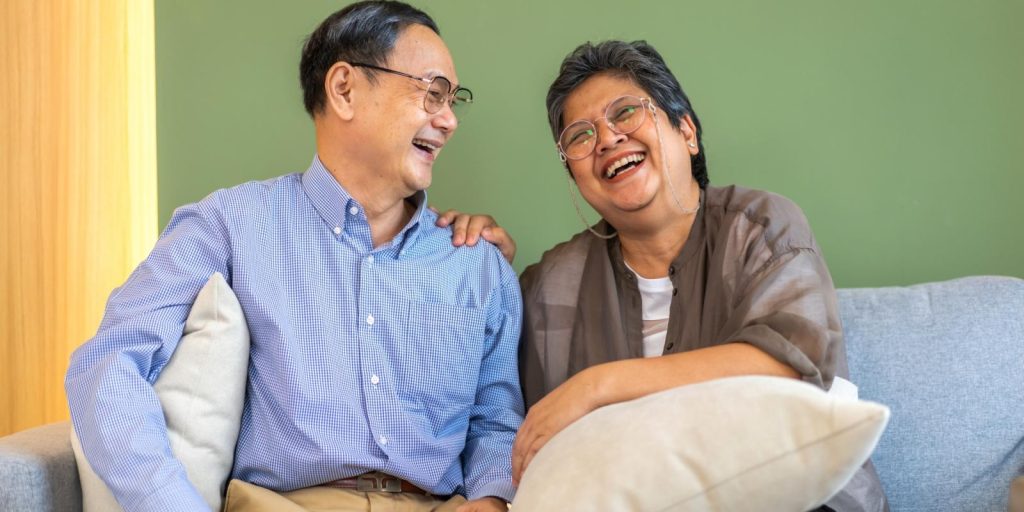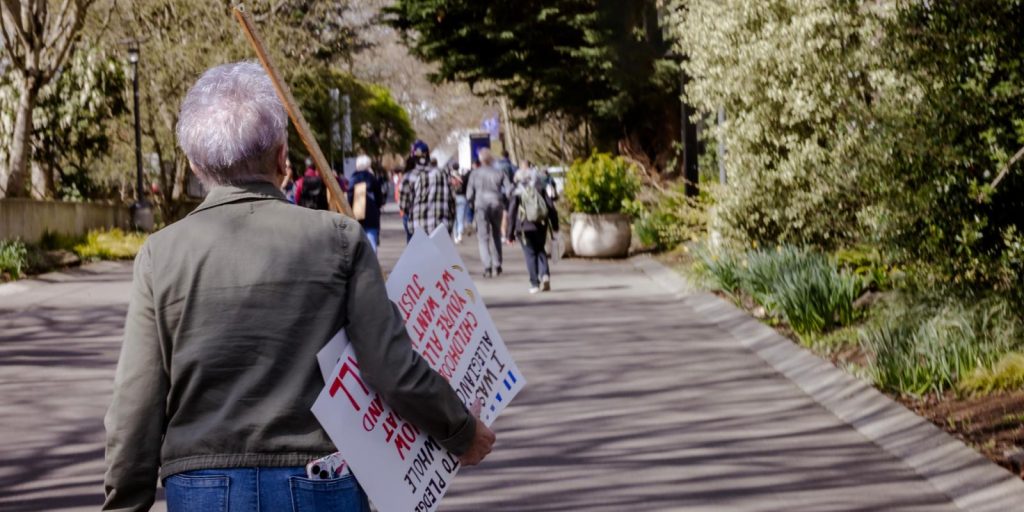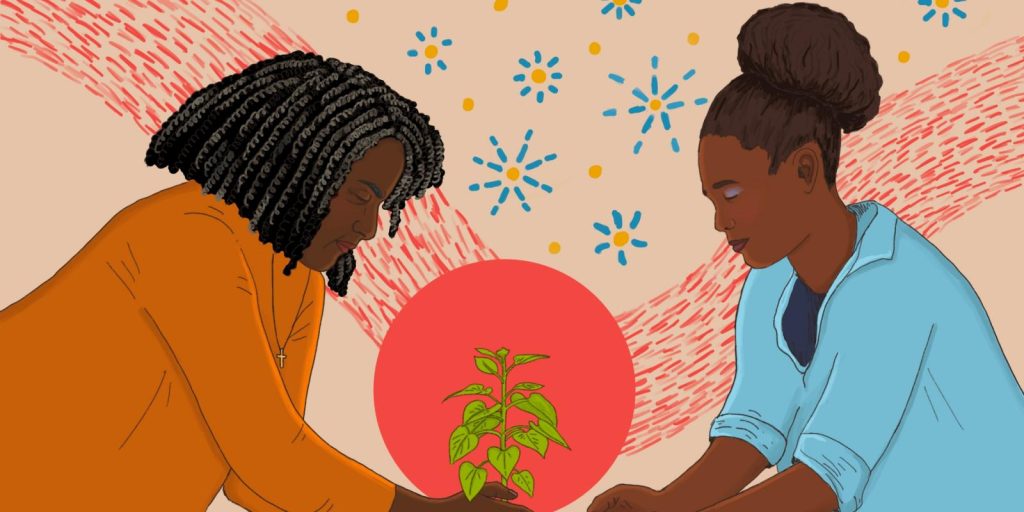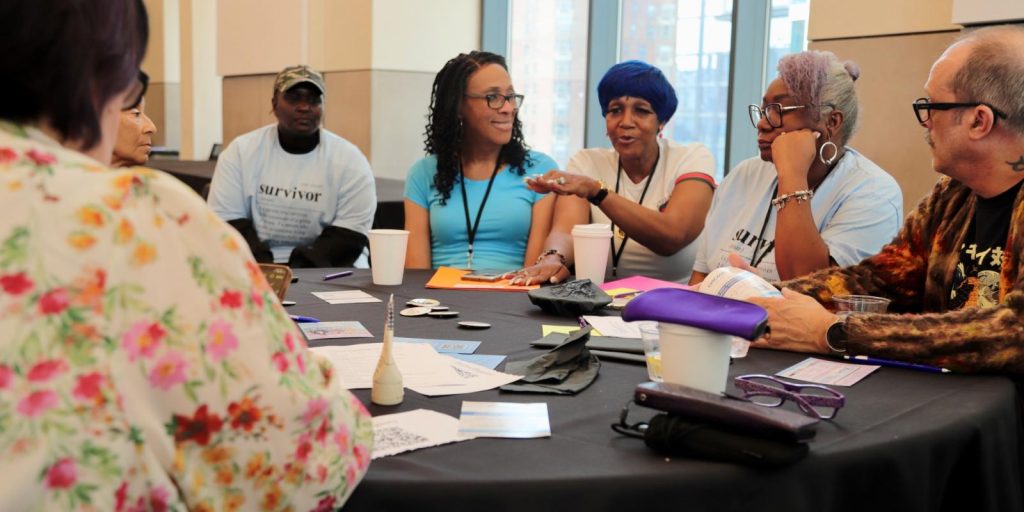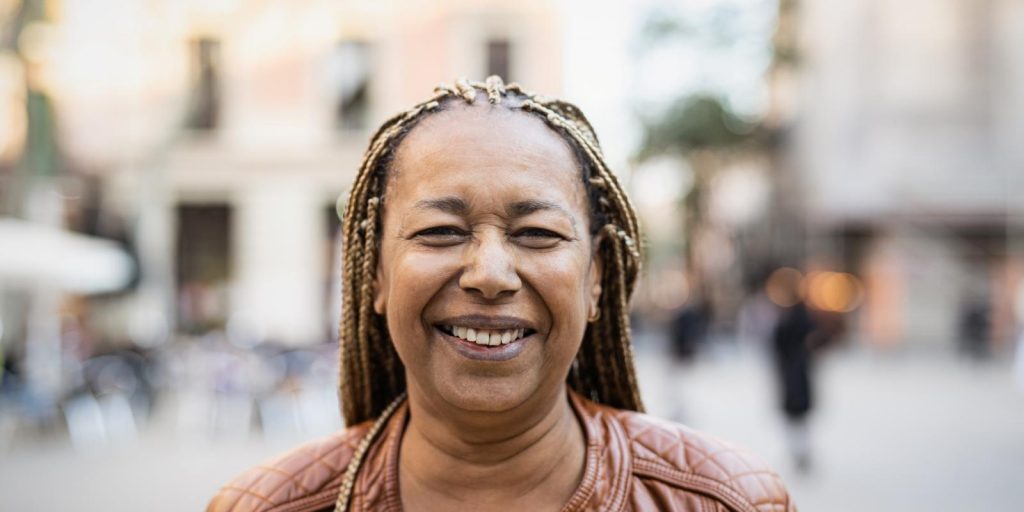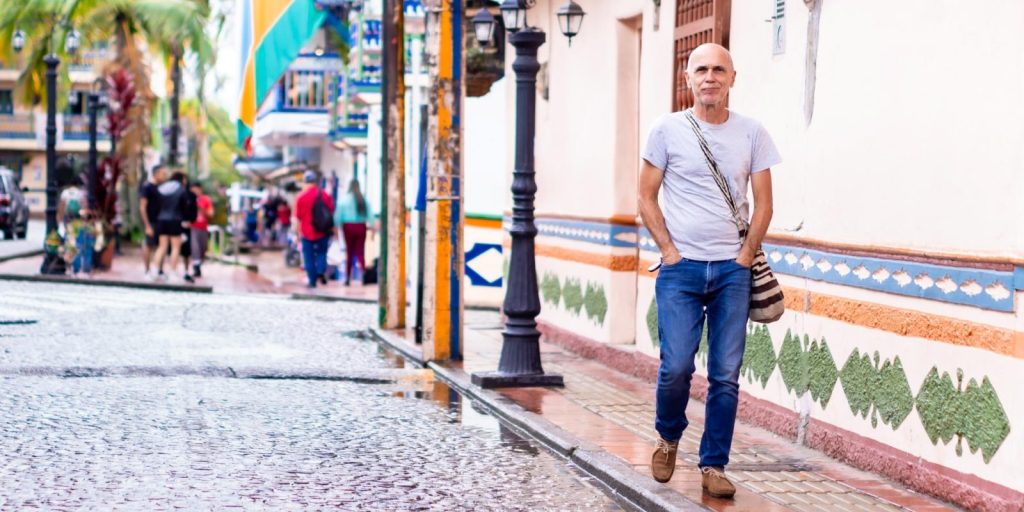This April we’re running a four-part series of blog posts from our sponsors at the Cambia Health Foundation, which highlights the work of their local community partners.
Linda was at a crossroads. As the maternal grandmother to a second grader and a teenager, she suddenly found herself navigating the complexities of raising her grandchildren without their parents. The reasons for this were painful and personal, tied to multiple systems that had failed her own children. Now, she was left to pick up the pieces, grappling with the challenges of providing her grandchildren with housing stability, safety and a sense of belonging.
While navigating rural life in Central Oregon, Linda discovered Bridge Meadows, an intergenerational housing community with a social purpose of providing the permanency of home and family for children and youth impacted by foster care. Bridge Meadows is a diverse community where older adults, children and their families come together to offer support, mentorship and a sense of belonging, enriching each other’s lives and well-being.
This vibrant community extends beyond the conventional notion of grandparents raising their biological grandchildren, welcoming families who share similar experiences and have been touched by the foster care system. Bridge Meadows is a place that embodies a vision: a world where every child has a home and family, every parent has the resources to thrive, and every elder is cherished. It is a place Linda and her family call home.
Sadly, Linda’s story reflects a broader trend affecting millions of families across the United States. With more than 2.6 million children raised in grandfamilies, the challenges they face—ranging from poverty to social isolation—are significant. Moreover, children who have experienced trauma are particularly vulnerable to long-term health and behavioral issues. Kinship placements, such as the one Linda sought, are crucial for maintaining family connections and mitigating the trauma of separation, especially in rural areas where access to support services is limited.
Children and youth who experience trauma, including abuse or neglect, are at increased risk for long-term emotional, behavioral and physical health problems, among other challenges. Kinship placements are preferred because they help maintain family connections and cultural traditions, while minimizing the trauma of separation. In rural areas like Redmond, Ore., access to behavioral health and therapeutic resources is often limited compared to what’s available in metro regions, making it harder for vulnerable families to overcome challenges.
Intergenerational Housing Solves a Burgeoning Need
Linda’s story underscores the pressing need for intergenerational housing solutions tailored to families like hers. As a grandmother suddenly tasked with raising her grandchildren, she faced myriad challenges compounded by systemic failures. Recognizing the opportunity for her grandchildren to find normalcy in Bridge Meadows’ supportive environment, Linda made the decision to move in with them, seeking not just a place to live, but a lifeline for her family.
‘This holistic approach to housing can lead to stronger, more cohesive communities.’
Statistics paint a clear picture of the need for new approaches to supportive intergenerational housing programs. According to the U.S. Census Bureau, by 2030, older adults will outnumber children for the first time in U.S. history, applying increased pressure to health, aging and disability systems and highlighting the urgent need for solutions that address the rapidly growing population’s housing and support needs. At the same time, the foster care system is in crisis, with high caseloads and a lack of stable placements jeopardizing the welfare of vulnerable children. The housing challenges encountered by older residents can be especially daunting in rural areas, where limited affordable housing choices can restrict mobility, increase isolation and create a barrier to accessing essential services, such as health care and access to affordable and nutritious food.
Intergenerational housing communities like Bridge Meadows offer a departure from traditional siloed services by bringing together children, parents and older adults in a shared environment. This innovative approach provides a unique solution to the challenges faced by rural communities, fostering connections and mutual support among residents. By integrating diverse age groups, intergenerational housing promotes social cohesion and holds promise for achieving health equity, particularly for older adults and children in need of behavioral mental health support.
Moreover, addressing the stable housing needs of older adults, while simultaneously supporting vulnerable children and families through an intergenerational model, can yield long-term benefits for all involved. The intergenerational dynamic creates opportunities for shared experiences, intergenerational learning, and emotional support, ultimately contributing to the well-being and resilience of individuals across different life stages. This holistic approach to housing can lead to stronger, more cohesive communities and improved outcomes for older adults and younger generations.
Linda’s journey serves as a powerful testament to the transformative impact of intergenerational programs like Bridge Meadows. Her experience emphasizes the urgent need to reimagine our approach to housing, aging and family support. It reinforces the critical importance of ensuring that every family can access safe housing and the essential support needed for their well-being and prosperity. As we forge ahead toward a more equitable future, it is imperative that we embrace innovative solutions that directly address the multifaceted challenges faced by families like Linda’s.
Derenda Schubert, PhD, is a clinical psychologist and executive director of Bridge Meadows. Lisa Steenson is resource development and communications director at Bridge Meadows and is pursuing a Master’s in Public Health.
Photo credit: Elliot Manches via Centre for Ageing Better.

